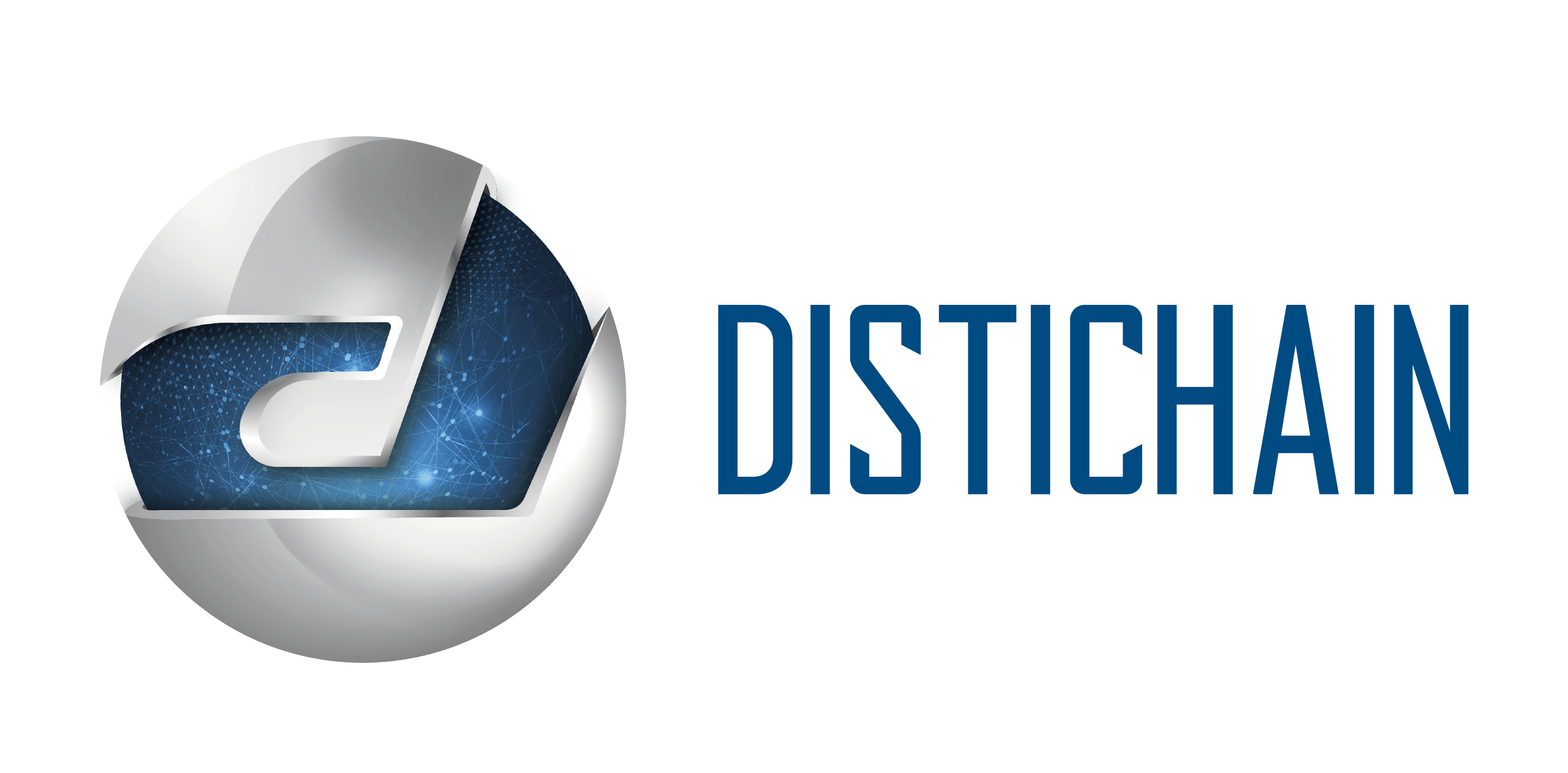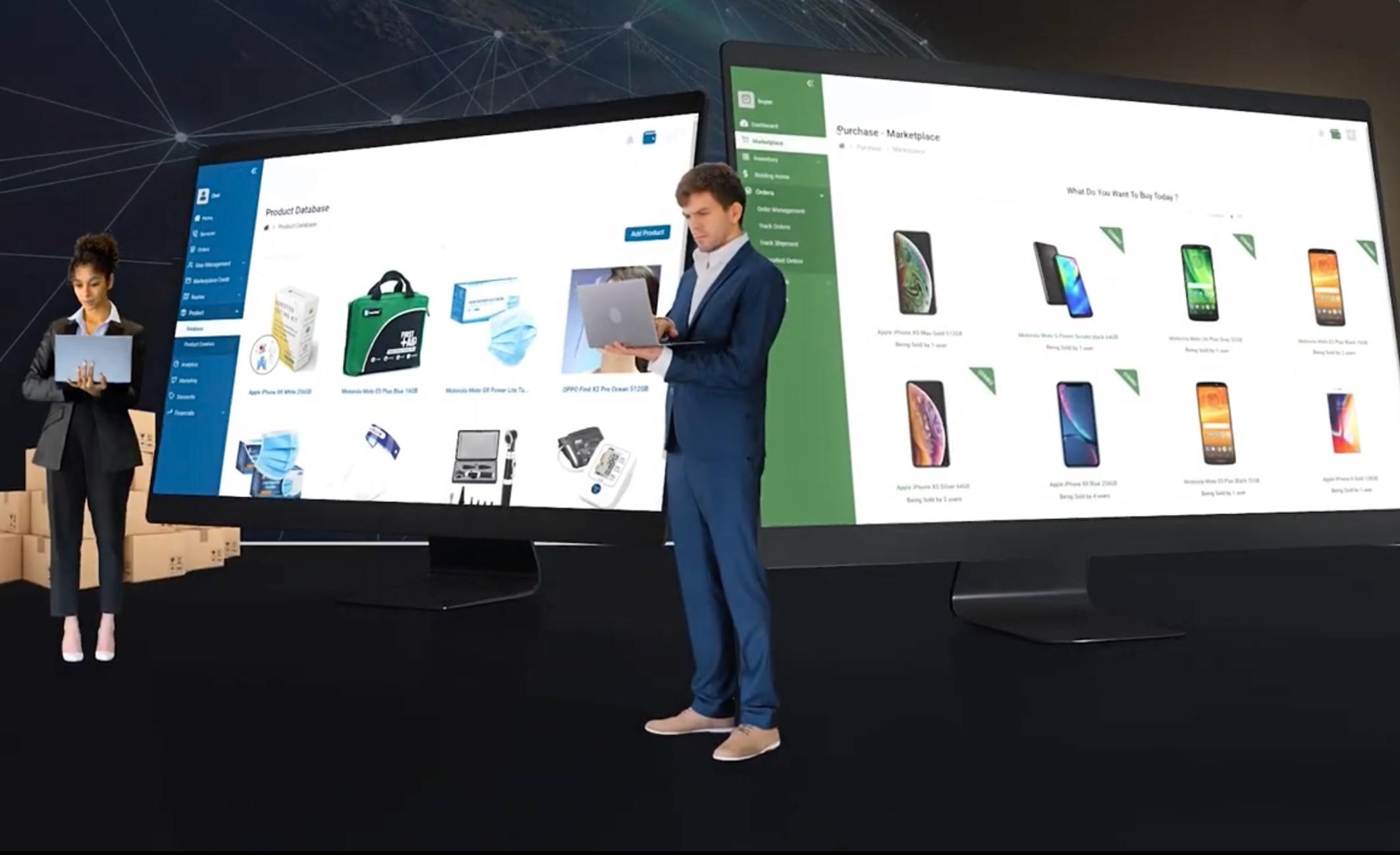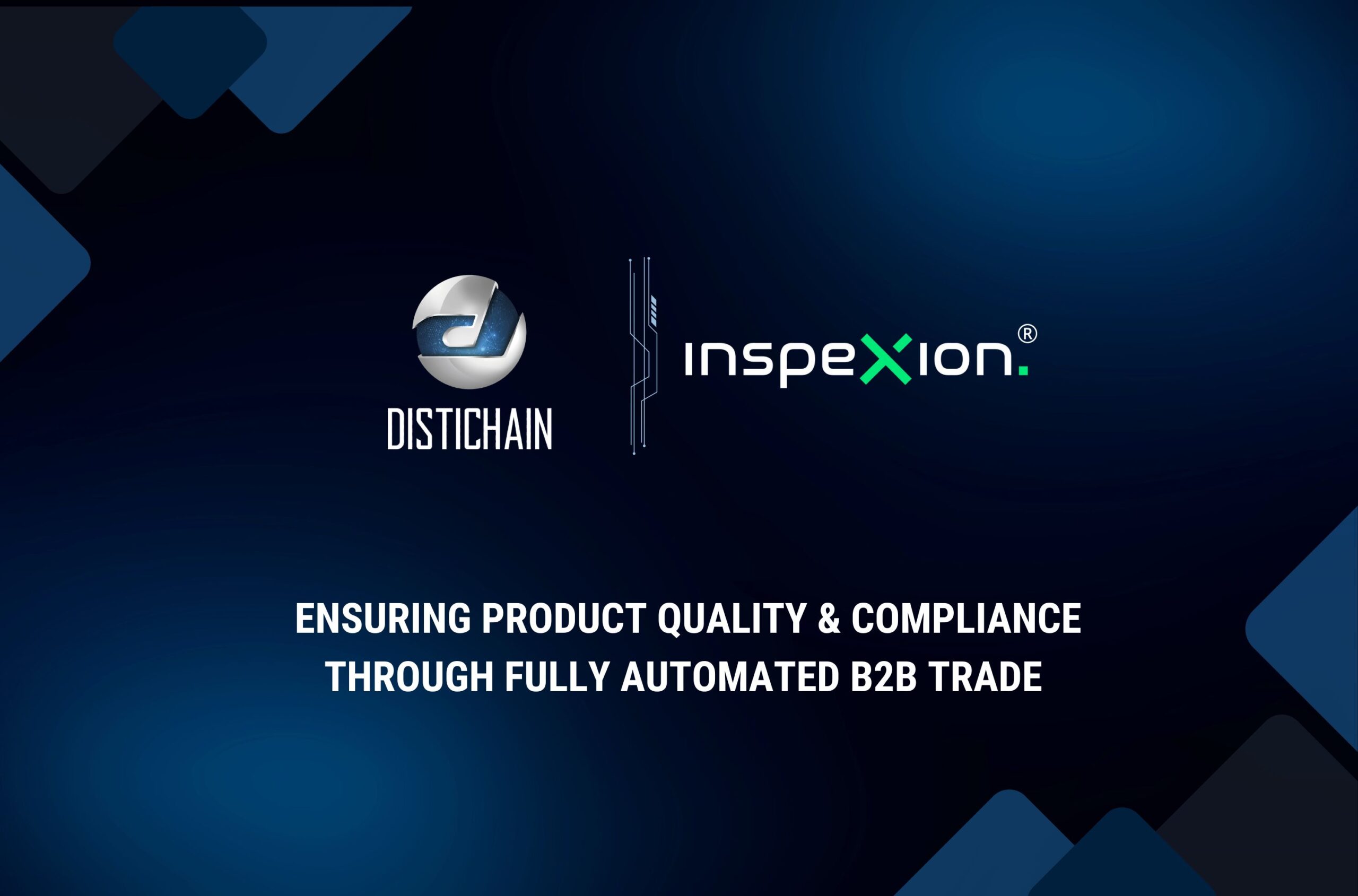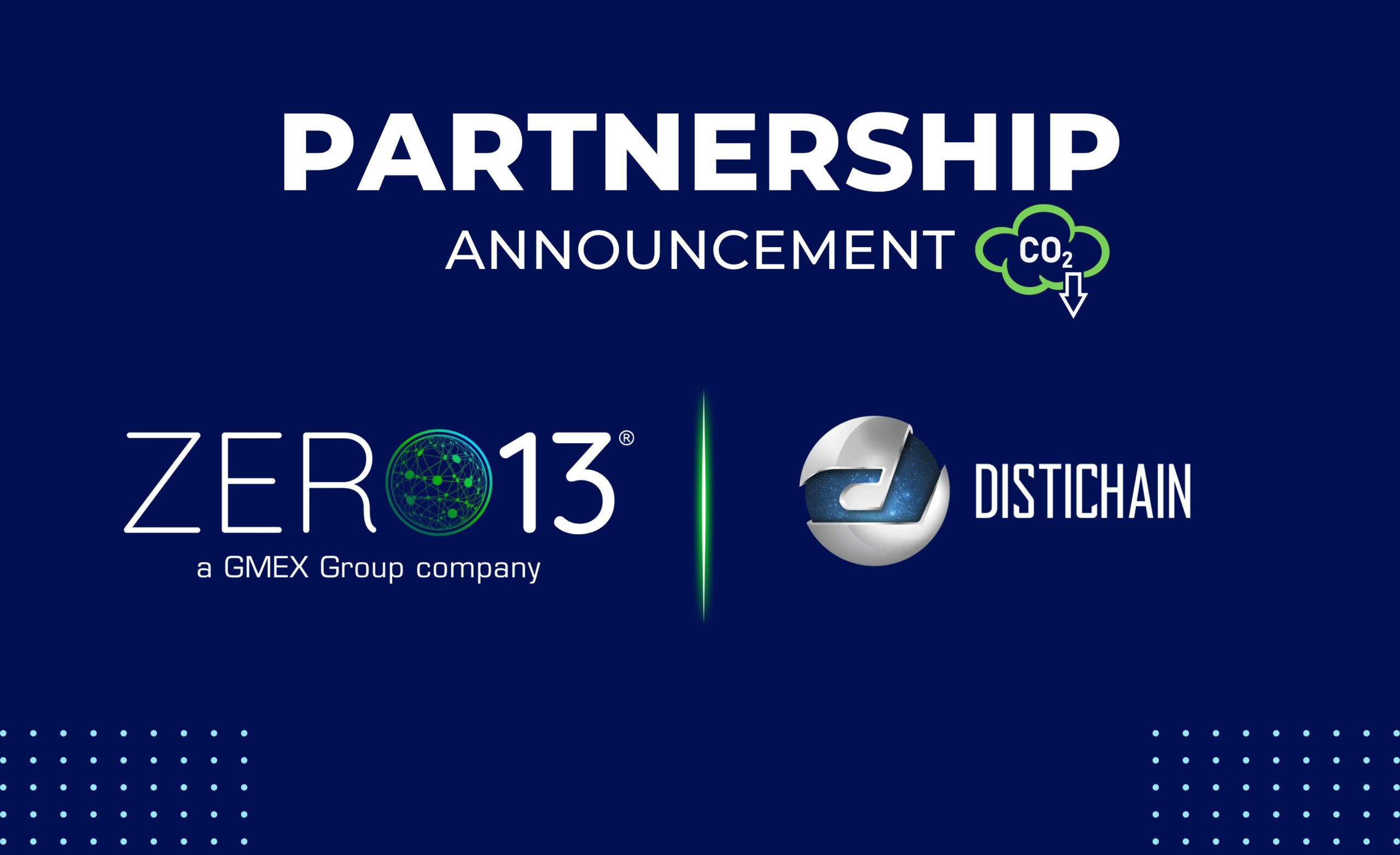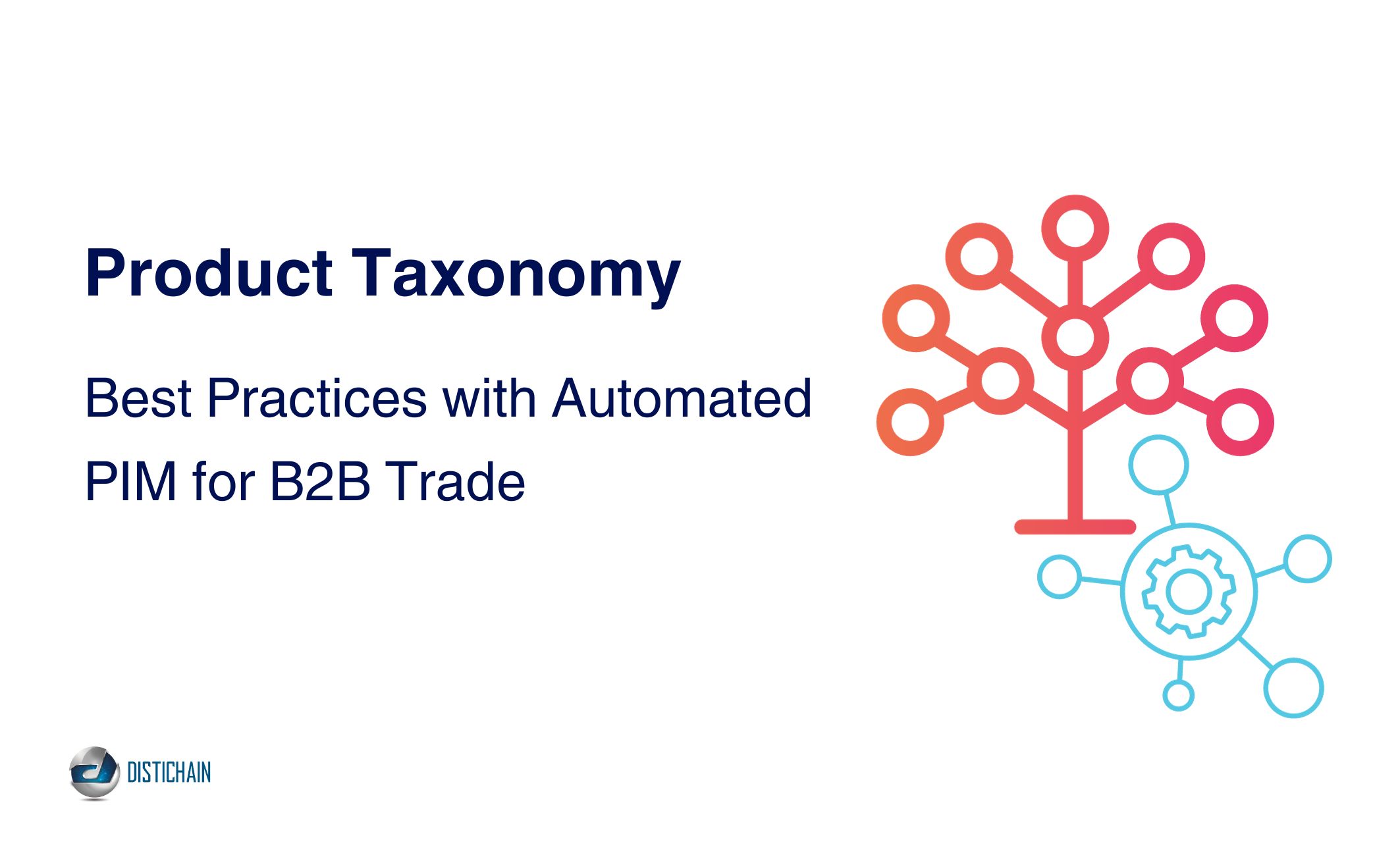Evolution of Dual-Sided Marketplaces
The concept of dual-sided marketplaces is not new. However, the advent of digital technology has revolutionized their potential. These platforms have evolved from simple transactional sites to complex ecosystems, offering numerous benefits such as:- Increased efficiency
- Improved user engagement
- Ability to scale rapidly
- Access to a larger customer base: These platforms connect businesses with a vast network of potential customers, expanding their reach beyond traditional boundaries.
- Cost efficiency: By facilitating direct interactions between buyers and sellers, dual-sided marketplaces can help businesses reduce costs associated with intermediaries.
- Data-driven insights: These platforms collect a wealth of data that businesses can leverage to gain insights into customer behavior and market trends, enabling them to make more informed decisions.
- Increased visibility: Businesses can increase their visibility and brand recognition among potential customers by participating in a dual-sided marketplace.
There has been an increase in the use of dual-sided marketplaces in various sectors as more companies recognize their benefits. This trend is particularly prominent in the B2B sector, where these platforms are revolutionizing global trade operations. By connecting businesses across industries and borders, dual-sided marketplaces are eliminating barriers and creating new opportunities. As a result, they are becoming an essential component of the global digital economy’s infrastructure.
Emerging Trends in Dual-Sided Marketplaces
As the digital economy evolves, so too do dual-sided marketplaces. Several key trends are shaping their development and expansion.
Marketplace Development and Expansion
Niche marketplaces and industry-specific platforms are gaining traction. They offer tailored solutions for specific sectors, providing a more focused and efficient marketplace experience. These platforms cater to unique needs, enhancing the value they provide to their users.
In addition, businesses are leveraging localization and international expansion strategies to tap into new markets. They can effectively engage with a broader user base by adapting their offerings to meet local needs and preferences.
Leveraging Artificial Intelligence and Machine Learning
Artificial intelligence and machine learning are increasingly crucial in marketplace development. These technologies enable:
- Personalized user experiences and recommendations
- Enhanced user engagement and satisfaction
New and improved technologies, such as intelligent matching algorithms and predictive analytics, are boosting the productivity and success of these platforms. They allow for more precise matching of buyers and sellers, as well as predict user needs, resulting in a smoother and more user-friendly experience.
Enhanced Payments and Transactional Features
Secure global payments and flexible transaction options are critical for building trust and facilitating transactions. Features such as:
- Escrow services
- Split payments
By providing secure and convenient transactions, dual-sided marketplaces can improve the user experience and encourage repeat transactions. These features help build stronger relationships with users over the long term.
Future Outlook for Dual-Sided Marketplaces
Several factors are set to shape the future of dual-sided marketplaces.
Technological Advancements Shaping the Landscape
The combination of Blockchain technology and the Internet of Things (IoT) has the potential to transform how we interact in the marketplace. By utilizing Blockchain technology, we can benefit from heightened security and transparency, while minimizing fraudulent activities and boosting trust.
Additionally, IoT and smart devices can introduce innovative ways of interacting and conducting transactions, leading to more adaptable and responsive marketplaces.
Vertical Integration and Expansion into Adjacent Markets
As dual-sided marketplaces mature, many are pursuing diversification strategies and vertical consolidation. By expanding into related industries and service offerings, these platforms can create synergies and unlock new growth opportunities.
This strategy also allows them to offer a more comprehensive service to their users. By providing a wider range of services, they can enhance their value proposition and strengthen their position in the market.
Regulations and Trust Building
Compliance with data privacy regulations and user protection measures is becoming increasingly important. Enhanced verification and review systems are key to building trust and ensuring the longevity of these platforms.
Dual-sided marketplaces can ensure compliance with data privacy regulations and build user trust by:
- Implementing robust data protection measures: This includes encryption, secure data storage, and stringent access controls.
- Being transparent about data usage: Marketplaces should clearly communicate to users how their data is used and obtain consent where necessary.
- Regular audits and compliance checks: Regularly reviewing and updating data protection practices can help ensure ongoing compliance with evolving regulations.
- Providing a secure transaction environment: Implementing secure global payments and transactional features can help build user trust.
To succeed in the digital economy, businesses must embrace dual-sided marketplaces. These platforms offer opportunities for expansion and transformation. Unlock their potential to transform your operations and find success.

